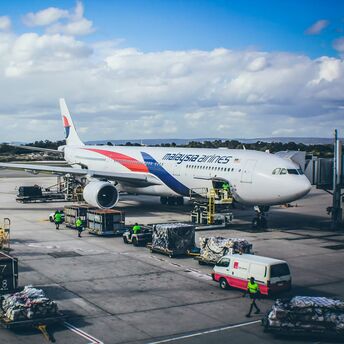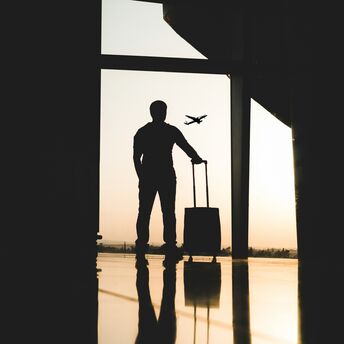Airbnb Broadens Housing Partnerships

In January two thousand twenty-four, Airbnb strengthened its approach to housing challenges by adding the National Urban League and UnidosUS to its Housing Council. This council, formed to address housing affordability and inclusion, collaborates with experts and community organizations to create equitable housing policies. These partnerships aim to expand opportunities for homeownership and hosting, particularly benefiting underrepresented communities that have faced historical housing inequities.
The Housing Council focuses on addressing housing shortages and advocating for fairer regulations in the short-term rental market. By including prominent organizations like UnidosUS and the National Urban League, Airbnb seeks to enhance access to affordable housing. The council also prioritizes sustainable home-sharing practices, aiming to balance community needs with economic growth while expanding the housing options available to travelers and hosts alike.
For travelers, these efforts could open up more diverse and affordable accommodation options. By fostering equitable housing practices, Airbnb is likely to increase unique stays in urban centers and underserved areas. These changes will create opportunities for budget-conscious travelers to explore destinations that previously lacked affordable lodging options, offering a broader range of experiences and greater accessibility.
Additionally, the focus on community-driven hosting could lead to deeper cultural engagement for travelers. Programs like the Airbnb Entrepreneurship Academy empower local communities to participate in the tourism economy, creating authentic stays that reflect the cultural richness of their regions. By encouraging local participation, the program not only benefits hosts but also provides travelers with meaningful experiences that connect them more deeply to their destinations.
As these initiatives gain momentum, travelers can anticipate a significant transformation in how they plan their trips. Airbnb's focus on addressing housing inequities and expanding lodging options ensures that travel becomes more inclusive and cost-effective. This marks a shift towards tourism that supports both economic resilience in host communities and the evolving needs of global travelers.



















